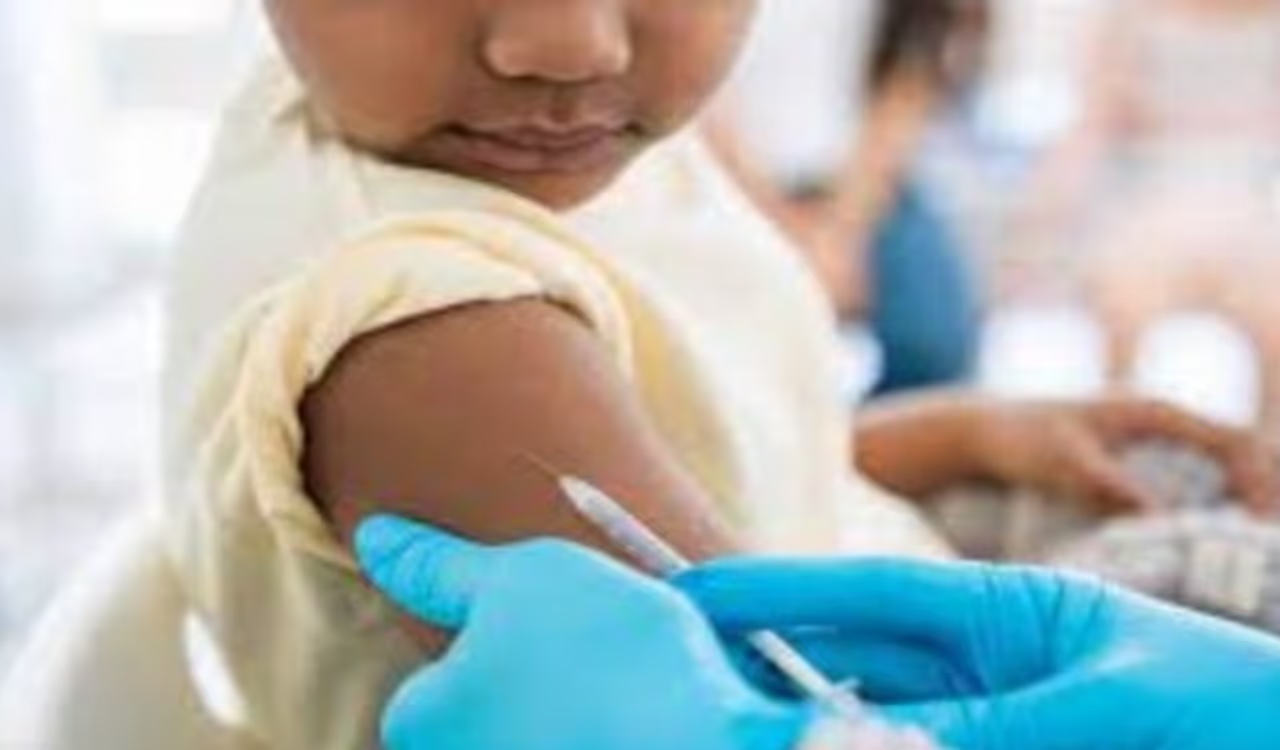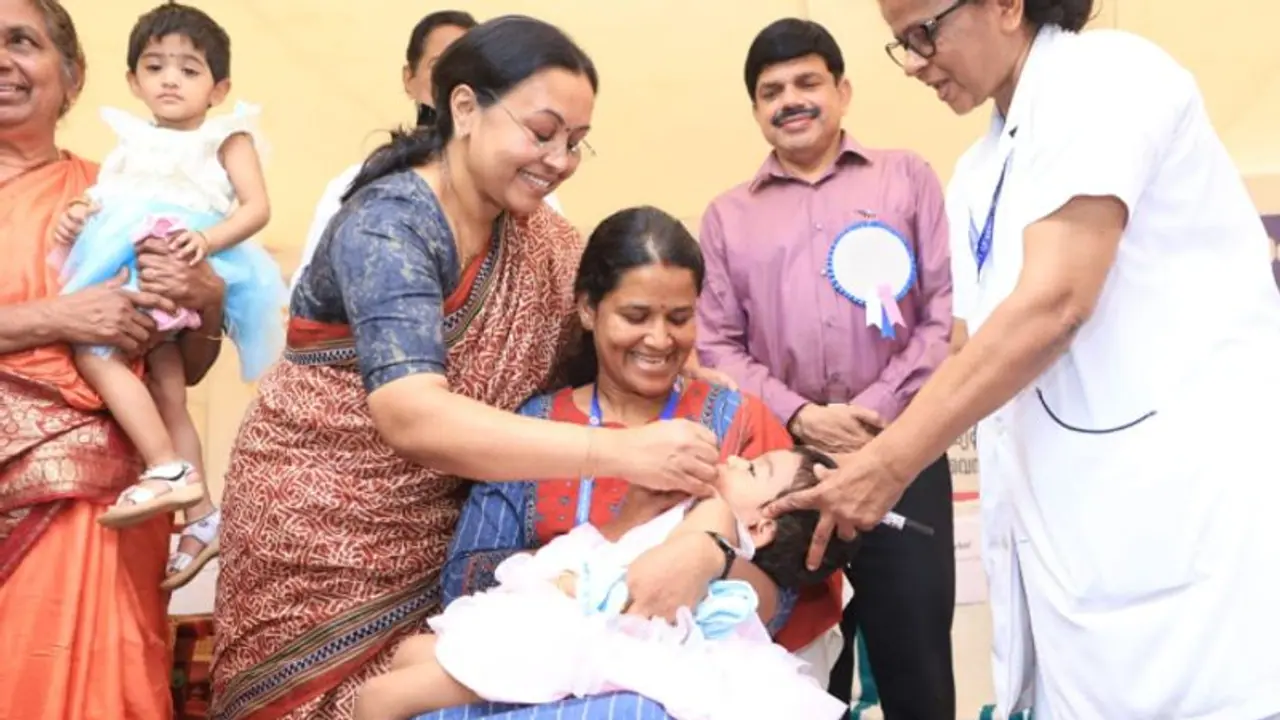Despite overwhelming scientific evidence supporting vaccination’s safety and efficacy, some parents resist vaccinating their children. While various factors contribute to this resistance, lack of awareness is a major underlying issue.

Immunization is the most essential step to prevent children from deadly diseases. For many years, vaccinations have been the strongest defence against fatal infections in children. Nevertheless, vaccinations continue to be controversial worldwide, even in the twenty-first century.
Let’s delve deep into the factors affecting parental resistance to vaccinating their children.
1. Lack of Understanding and Misinformation
One of the primary reasons why parents may resist vaccinating their children is a lack of understanding about vaccines and how they work. Misinformation and myths surrounding vaccines have increased in recent years, fueled by social media and anti-vaccine advocacy groups. Some parents may be influenced by these sources, leading them to believe unfounded claims about the safety and efficacy of vaccines.

2. Cultural and Religious Beliefs
Cultural and religious beliefs can also influence attitudes toward vaccination. Some religious groups may object to certain vaccines or medical interventions based on their faith beliefs. Similarly, cultural beliefs about health and illness may influence parents' decisions about vaccination, leading them to prioritize alternative forms of healthcare over conventional medicine.
3. Logistical Barriers to Access
In addition to lack of awareness, logistical barriers such as access to healthcare services and affordability can also impact vaccination rates. Families living in rural or underserved areas may face challenges in accessing healthcare facilities where vaccines are available. Moreover, the cost of vaccines and associated medical expenses may burden some families, especially those without adequate insurance coverage.

4. Vaccination Hesitancy
Addressing the issue of vaccine hesitancy requires a multifaceted approach that involves education, outreach, and addressing systemic barriers to access. Healthcare providers play a crucial role in addressing parents' concerns and providing accurate information about the safety and importance of vaccines. Public health campaigns and community outreach efforts can also help bust myths and misinformation surrounding vaccines and promote vaccination as a public good.
-Dr. Chetak. A.N, Sr. Consultant - Pediatrician & Neonatologist, Motherhood Hospitals, Whitefield, Bangalore
